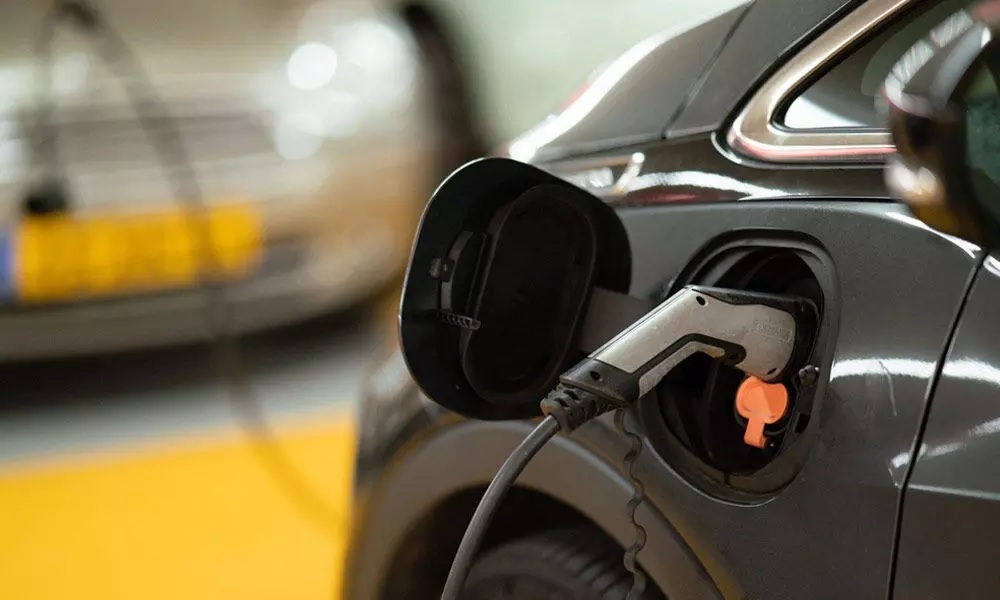The invention of the battery was a significant milestone in the history of technology. Since then, battery technology has evolved significantly, leading to the widespread use of batteries in various applications, including electric vehicles (EVs). The development of battery technology has played a crucial role in the growth of the EV industry. This article examines the evolution of battery technology and its impact on EVs.
The Early Days of Battery Technology
The earliest batteries were simple cells made of copper and zinc plates immersed in an electrolyte solution. These cells were capable of producing a small amount of electrical energy. However, they were not practical for commercial applications due to their limited capacity and short lifespan.
In the late 19th century, the lead-acid battery was introduced. This battery was more reliable and had a higher capacity than earlier battery types. Lead-acid batteries are still used in some applications today, such as in gasoline-powered cars to power the starter motor.
The Rise of Lithium-Ion Batteries
Lithium-ion batteries were first introduced in the 1970s. However, it was not until the 1990s that they became commercially viable. Lithium-ion batteries are now the most commonly used type of battery in EVs due to their high energy density, low self-discharge rate, and long lifespan.
The development of lithium-ion batteries has made EVs more practical and affordable. Early EVs had limited range and were expensive, but with the use of lithium-ion batteries, modern EVs can travel hundreds of miles on a single charge and are becoming more affordable.
The Future of Battery Technology
Battery technology continues to evolve, with researchers working on developing new battery chemistries that offer higher energy density, faster charging times, and longer lifespans. One promising technology is the solid-state battery, which uses a solid electrolyte instead of a liquid one. Solid-state batteries have the potential to offer higher energy density and faster charging times than current lithium-ion batteries.
The development of new battery technologies will have a significant impact on the future of EVs. As battery technology continues to improve, EVs will become more practical and affordable, making them a viable alternative to gasoline-powered cars for more people.
Conclusion
The evolution of battery technology has played a crucial role in the growth of the EV industry. From simple cells to modern lithium-ion batteries, battery technology has come a long way. With the development of new battery technologies, the future of EVs looks bright. As battery technology continues to improve, we can expect to see more practical and affordable EVs on the road in the coming years.


Comments are closed.